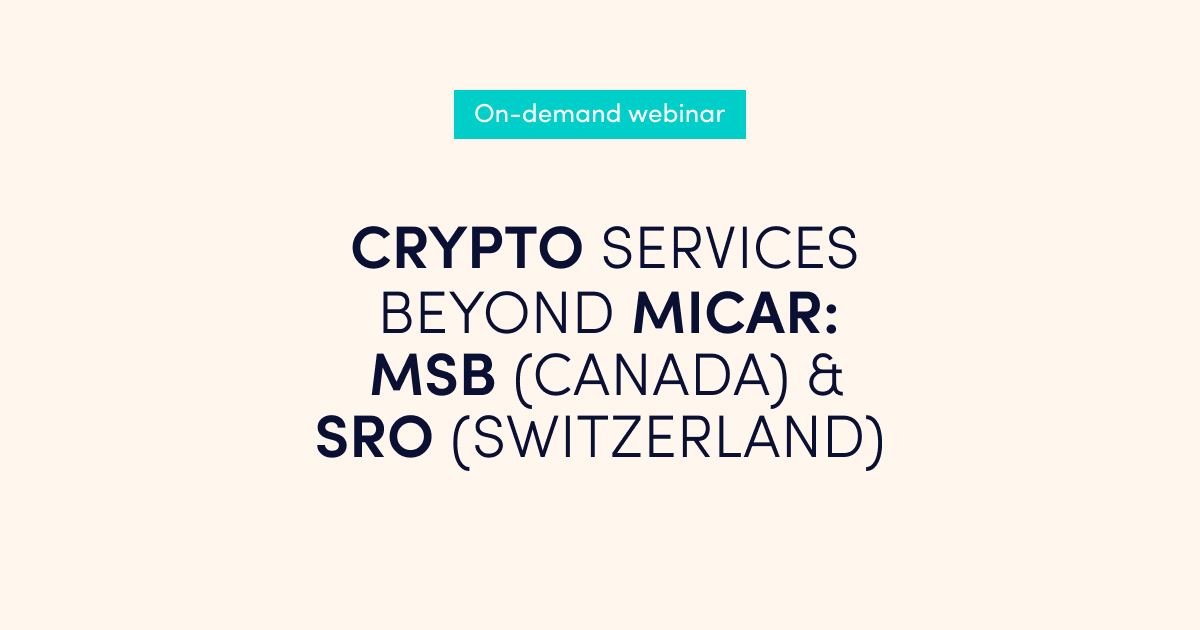Fintech industry is growing and every year, new legislation comes into effect, changing the way the companies operate. In fact, 2020 was a “busy” not only with Covid-19 panic, but it also brought new fintech legal changes to operations of companies. In this article we’ve rounded up 6 of the major changes to fintech-related legislation in 2020.
1. Introduction of the 5th Anti Money Laundering Directive, 10 January 2020
The European 5AMLD proposed changes in already existing legislation in AMLD4. The main proposed changes:
• Prepaid cards – the limit for prepaid cards will be lowered from 250 Euro to 150 Euro. Online transactions with prepaid cards will also be limited to max 50 Euro.
• Virtual Currencies – money laundering screening rules now is extended to virtual currency providers. The Financial Intelligence Unit (FIU) will have to get the names and addresses of each person who possesses a virtual currency.
• Politically Exposed Persons (PEP) – there is a requirement on member states to keep an up-to-date list of exact functions that qualify as prominent public functions.
• High-Risk Third Countries – these legal changes requires that companies that do any work with high-risk countries are required to carry out enhanced due diligence measures.
• Beneficial Ownership – member states to maintain registers of beneficial owners of corporate and other legal entities.
• Better access of FIUs to information – the Financial Intelligence Unit (FIU) will have more rights access to information.
2. Introduction of the 6th Anti Money Laundering Directive, 3 December 2020
The European 6AMLD aims to empower financial institutions and authorities to do more in the fight against money laundering and terrorism financing and must be implemented by financial institutions by 3 June 2021. There are several key legal changes to be aware of, introduced by 6MLD:
• Harmonising the Definition of Money Laundering – this directive has expanded the list of predicate offences to include 22 different crimes, which now directly constitute money laundering.
• Changes to Criminal Liability – the directive will extend criminal liability to cover any legal persons involved – like partnerships, companies and more.
• Clamping Down with Tougher Punishments
• The Involvement of Member States – the directive encourages collaboration between member states, in relation to the handling of money laundering offences.
3. Strong Customer Authentication (SCA) implementation in Europe, 31 December 2020
These legal changes requires that starting from January 1, 2021, merchants will need to provide multi-factor authentication for their online transactions. The European Banking Authority (EBA) allowed extensions to be granted to the original deadline of 14 September 2019.
4. 3DSv2 becomes mandatory worldwide after 31 December 2020
3DSv2 – the new cross-scheme authentication standard that complies with the SCA regulation. The current 3D Secure implementation was supported until the end of 2020 and starting from January 1, 2021 3DSv2 becomes mandatory worldwide. In the UK, the new deadline for ecommerce compliance is 14 September 2021. All payment institutions should be upgrade their gateways to support 3DSv2.
5. End of transition period for payment service providers to secure their operations in the EU and the UK separately, 31 December 2020
This legal change is addressed to both the UK`s and European companies. The transition period ended at 11pm on 31 December, firms needed to be prepared for a number of changes to the regulatory environment in which they operate. EU laws do no longer apply in the UK and passporting has ended.
All this new legislation and new regulatory requirements not only are changing the way the companies operate but also out requirements on Core Banking software selection. When deciding on a Core Banking IT system, you need to make sure that it meets all previously mentioned regulatory requirements fully.
Advapay is a technology company providing the Digital Core Banking platform to empower fintech clients or digital banks to start their businesses and accelerate digital transformation. The platform delivers all essential functionalities, a front-to-back system and a set of tools to customise and bring new integrations. With Advapay, potential and existing customers can connect either to the cloud-based SaaS or on-premise software. Besides the technical infrastructure, the company provides business advisory and fintech licensing services. Interested to learn more, please drop us a message.








